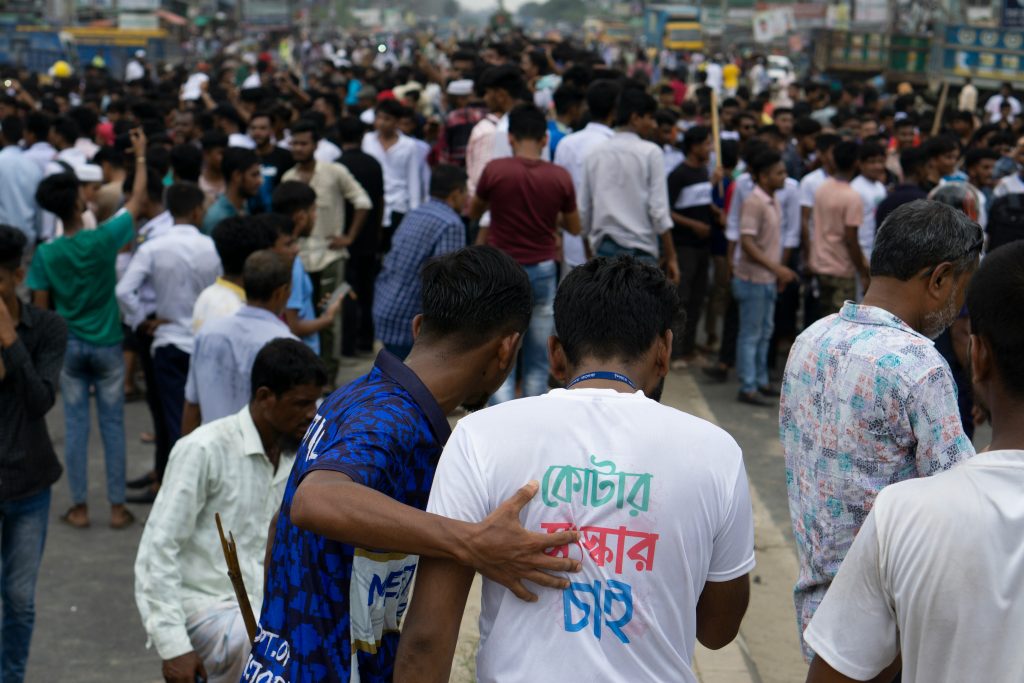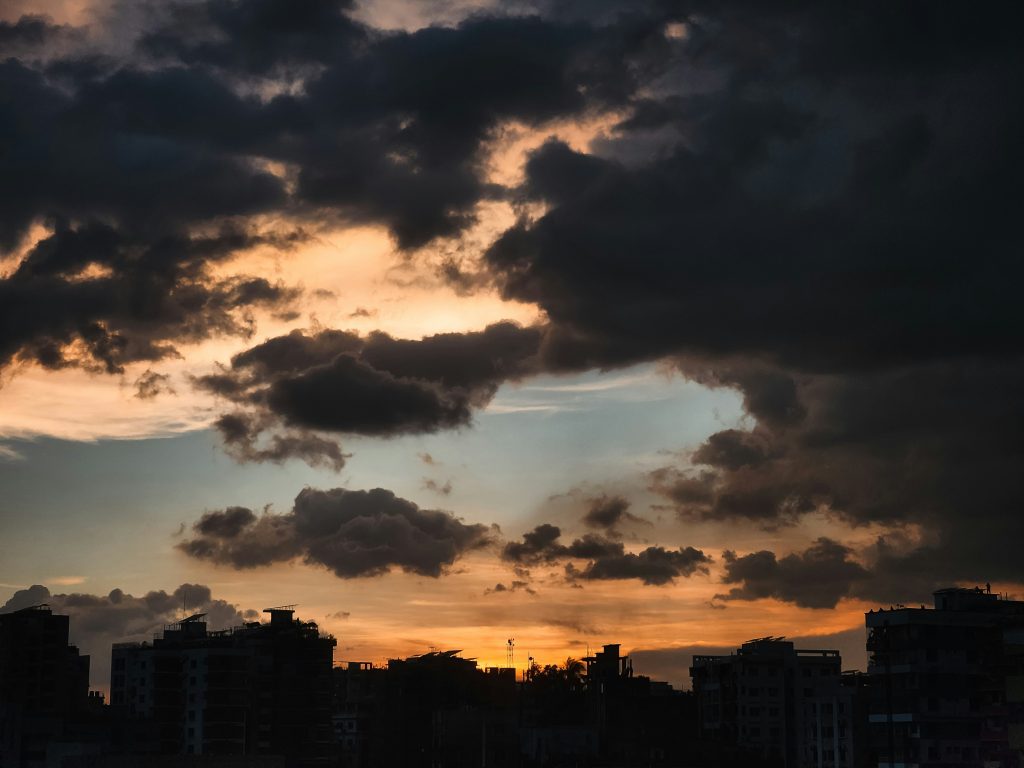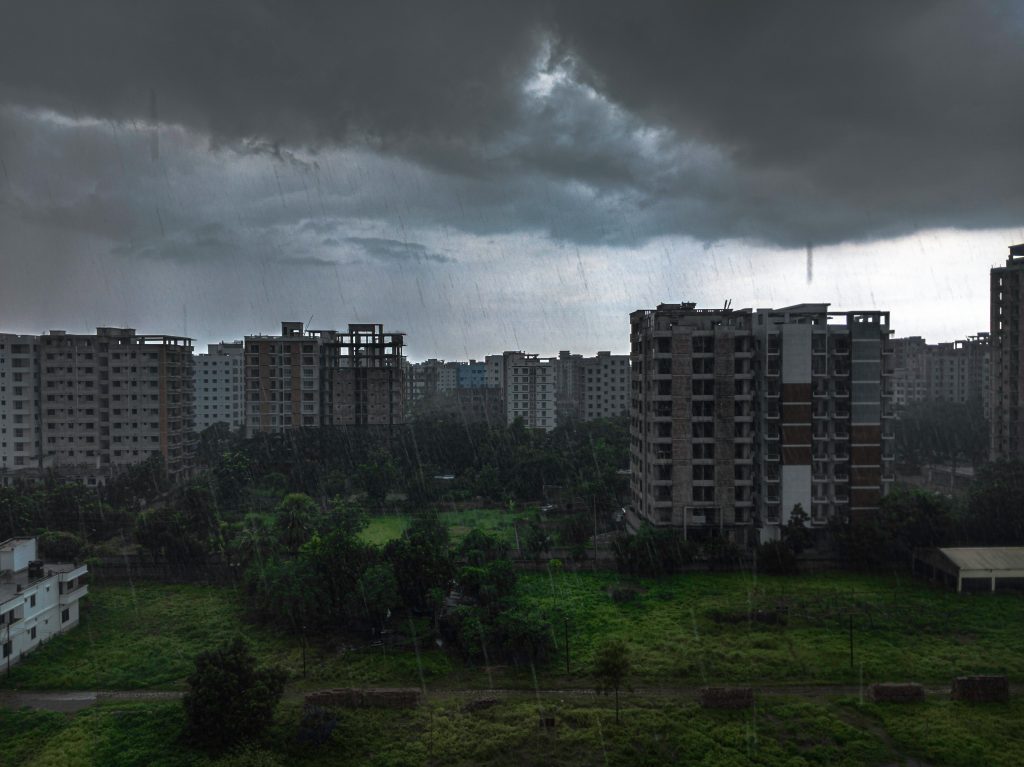Ashwin and Jadeja Lead India to Rescue on Day 1 of First Test Against Bangladesh
In a dramatic first day of Test cricket at the M. A. Chidambaram Stadium in Chennai, India’s Ravichandran Ashwin and Ravindra Jadeja showcased remarkable resilience, pulling the team from the brink of disaster to a strong position against Bangladesh. After a dismal start that left India reeling at 144 for 6, the duo forged an unbroken partnership of 195 runs for the seventh wicket, lifting India to a commendable 339 for 6 at stumps.
The day began ominously for the hosts as they lost wickets rapidly, struggling against a potent Bangladeshi bowling attack. The top order faltered, and the pressure mounted, casting doubts over India’s chances of posting a competitive score. However, Ashwin, known for his tactical acumen and batting prowess, stepped up when it mattered most. His century, achieved with a flurry of boundaries, was not just a personal milestone but a beacon of hope for the team.
Jadeja complemented Ashwin beautifully, playing a supporting role that proved crucial in stabilizing the innings. The pair’s partnership not only salvaged the innings but also set a solid foundation for the rest of the match. Their ability to rotate the strike and build pressure on the bowlers was a testament to their experience and skill. By the end of the day, Ashwin was not out on 102, while Jadeja was close behind at 86, both looking set to capitalize further on their impressive stand.
The day’s play highlighted the unpredictability of Test cricket, where fortunes can swing dramatically within a session. As the sun set over Chennai, the crowd erupted in applause for the duo, who had turned the tide in favor of India. The atmosphere was electric, with fans hopeful that the team will build on this momentum in the days to come.
Looking ahead, the challenge for India will be to continue this form and convert their hard work into a secure position in the match. With Ashwin and Jadeja at the crease, there is a palpable sense of optimism among the players and fans alike. The duo’s partnership not only reflects their individual capabilities but also underscores the importance of teamwork in overcoming adversity on the cricket field. As Day 2 approaches, all eyes will be on them to see how they navigate the challenges posed by a determined Bangladeshi side, eager to capitalize on any slip-ups.
This first Test between India and Bangladesh promises to be an exhilarating contest, filled with drama and skill. With the pitch expected to play a significant role as the game progresses, the upcoming days will be critical in determining the outcome of this match. Both teams have much to prove, and fans can expect nothing less than a thrilling display of Test cricket as they witness the unfolding battle between bat and ball.
Tags: Ashwin, Bangladesh, India, India vs Bangladesh, Jadeja, Test Cricket
Bangladesh Faces Political Turmoil as Long-Serving Leader Resigns Amid Protests
In a historic turn of events, Bangladesh has witnessed one of the most significant political upheavals in recent decades. On June 6, the political landscape was irrevocably altered when Sheikh Hasina, the world’s longest-serving female leader, resigned as Prime Minister and fled the country, following weeks of intense protests that escalated into violence.
The protests, initially sparked by dissent against a controversial quota system for government jobs, quickly morphed into a broader movement demanding political reform and accountability. This surge of activism, largely driven by the youth, particularly students, has been termed by many as a ‘Gen Z revolution’. The demonstrators expressed their frustration with the status quo, challenging a political dynasty that has been in power for over a decade.
Sheikh Hasina’s departure marks the end of an era for a political dynasty that has shaped the nation’s governance for years. Her leadership was characterized by significant economic growth and development in Bangladesh, but it was also marred by accusations of authoritarianism and suppression of dissent. As the protests gained momentum, the government’s response was increasingly viewed as heavy-handed, leading to allegations of human rights violations.
The resignation came just a day after Bangladesh’s high court reinstated certain political rights that had been curtailed under Hasina’s administration. This legal decision seemed to embolden the protesters, who had been calling for a more equitable system and greater political freedoms.
The implications of Hasina’s resignation are profound, not just for Bangladesh but for the region at large. Analysts are speculating about the future of governance in the country and whether the political vacuum will lead to a new era of democratic engagement or further instability. The young protestors, who played a pivotal role in this uprising, are now faced with the challenge of translating their momentum into a sustainable political force.
As Bangladesh navigates this uncertain political landscape, the eyes of the world are watching closely. Will the new leadership prioritize the demands of the youthful populace, or will the power dynamics shift in favor of old guard politics? The future remains uncertain, but the recent developments signal a seismic shift in how politics will be conducted in Bangladesh moving forward.
Tags: Bangladesh, Political Change, protests, Sheikh Hasina, Youth Activism
Unprecedented Unrest in Bangladesh Leads to Prime Minister’s Resignation
In a dramatic turn of events, Bangladesh has been engulfed in violence and protests that have claimed hundreds of lives over the past two weeks. The national turmoil reached its peak when Prime Minister Sheikh Hasina, who has been at the helm for over two decades, was forced to resign amid intense public outcry and unrest. As demonstrators stormed her official residence, the military intervened in an attempt to restore order. Following the chaos, Hasina was evacuated from the country aboard a military helicopter, landing in India as the situation deteriorated further. The unprecedented scale of violence has raised alarms internationally, with the Foreign Secretary of the UK describing the last weeks in Bangladesh as marked by tragic losses. The resignation of Hasina has left the nation in a state of uncertainty, prompting questions about the future of governance and stability in Bangladesh. As the military steps in to maintain order, citizens are left to grapple with the implications of this major political shift. The international community watches closely, concerned about the ongoing humanitarian crisis and the potential for further escalations. Amidst this turmoil, calls for accountability and a return to democratic processes resonate louder than ever. The people of Bangladesh are now at a crossroads, facing the urgent need for change and a hope for a peaceful resolution to the ongoing unrest. This situation underscores the fragility of political stability in the region and the profound impact of civil protests on governance. The world awaits to see how Bangladesh navigates this turbulent chapter in its history and what the future holds for its citizens as they seek to reclaim their voice and rights.
Tags: Bangladesh, government, protests, Sheikh Hasina, violence
Political Turmoil in Bangladesh: Prime Minister Resigns Amid Widespread Protests
In a dramatic turn of events, Bangladesh’s Prime Minister Sheikh Hasina has resigned after a prolonged period of unrest and escalating protests across the nation. This marks the end of a 15-year tenure that has been fraught with controversy and challenges. The resignation came on Monday, following a harrowing weekend where nearly 100 protesters lost their lives during violent clashes with security forces. The protests, primarily driven by student-led movements, were sparked by calls for democratic reforms and an end to authoritarian governance.
As tensions soared, the military intervened, announcing the formation of an interim government to restore order. The army chief’s statement indicated a commitment to stabilize the country after the shocking loss of life. Eyewitness accounts from Dhaka revealed scenes of chaos, with protesters facing rubber bullets and tear gas while demanding accountability and political change.
Sunday’s protests escalated dramatically, leading to a deadly crackdown by the police. Reports suggest that at least 91 individuals were killed, with many more injured as law enforcement sought to quell the unrest. The violence has drawn widespread condemnation, raising concerns about human rights violations and the government’s response to civil disobedience.
The resignation of Prime Minister Hasina has left a power vacuum that many fear could lead to further instability. Citizens across the country are now grappling with uncertainty and fear of what the next steps will be, especially with the looming threat of a military-led government.
As the nation mourns the loss of life and reflects on the recent turmoil, voices from various sectors are calling for unity and peaceful dialogue. Activists are urging the international community to pay attention to the situation in Bangladesh and offer support in restoring democratic principles and human rights.
With the formation of a new interim government on the horizon, the people of Bangladesh are left to wonder what this means for their future. Will it lead to a more democratic society, or will it deepen the existing divides? As protests continue and calls for justice grow louder, the world watches closely, hoping for a resolution that honors the voices of the people.
Tags: Bangladesh, HumanRights, MilitaryIntervention, PoliticalChange, protests




